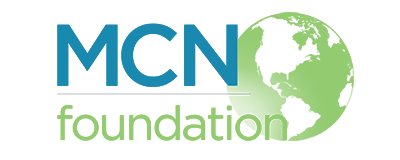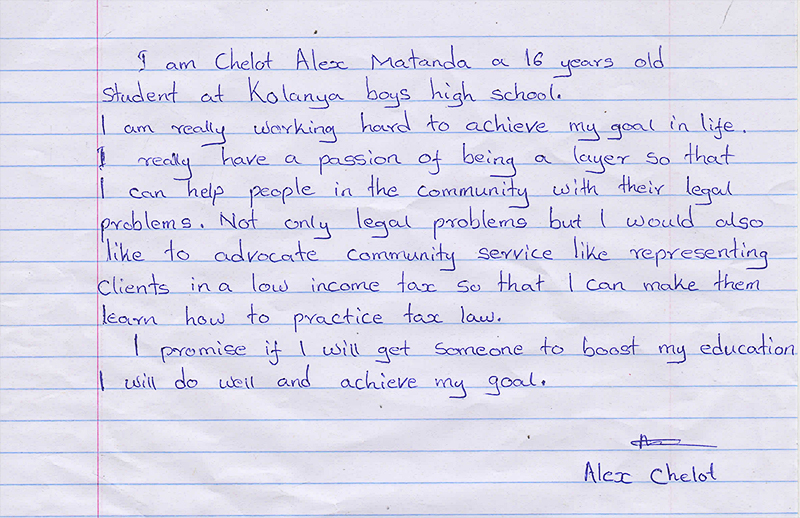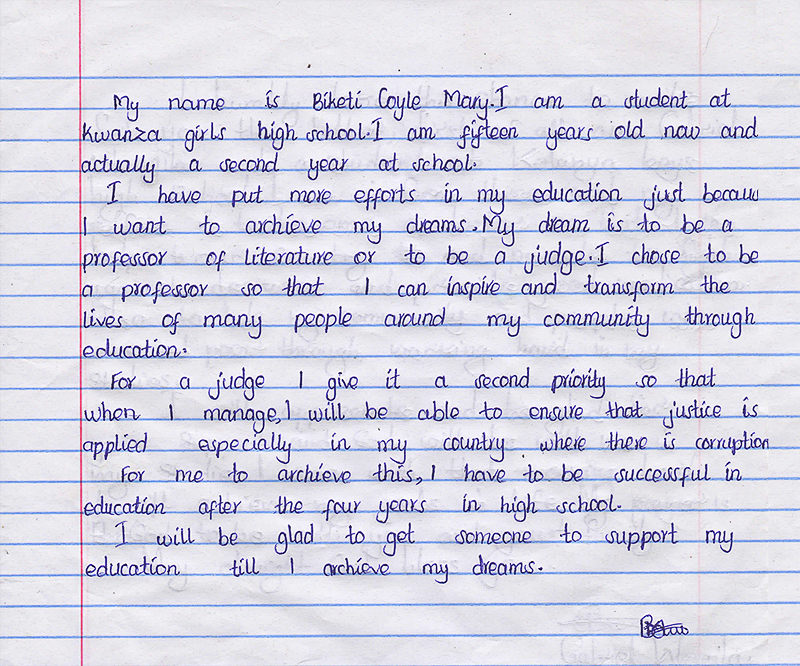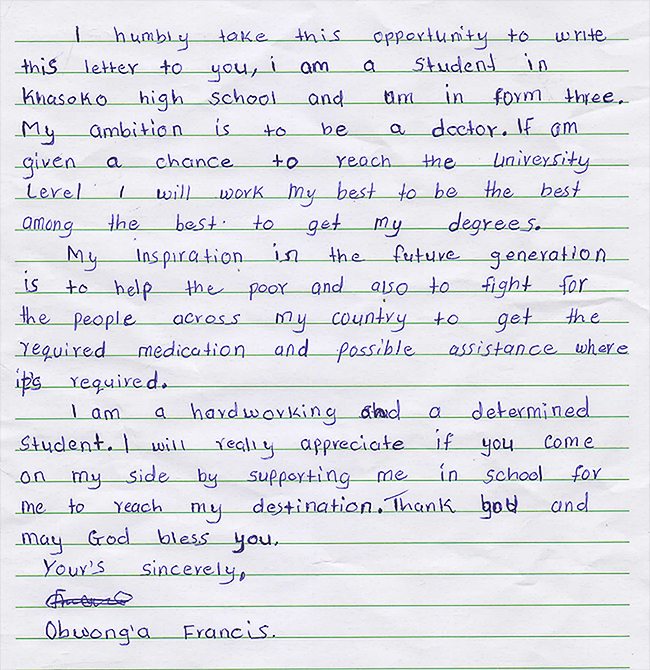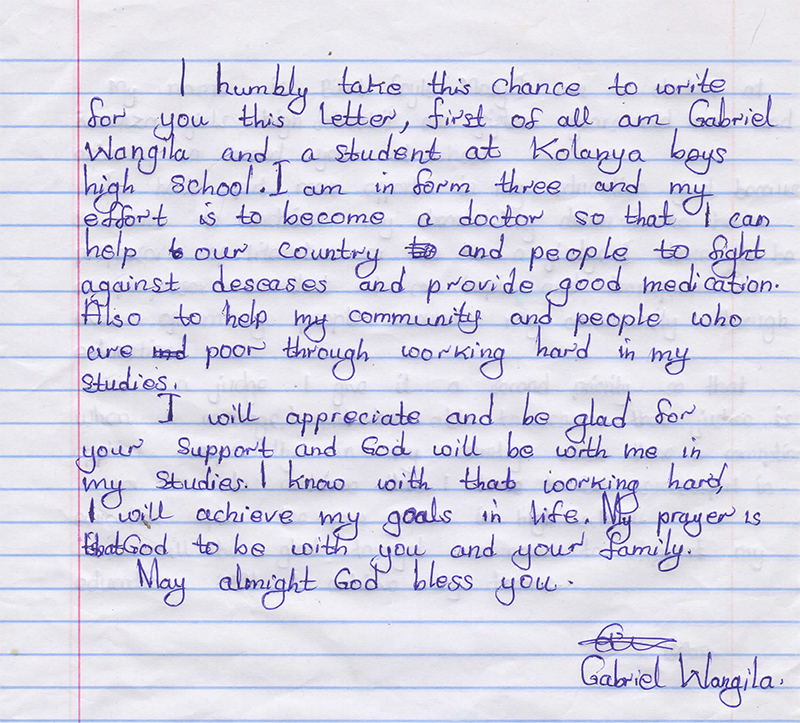givingtuesday all year! help to empower women and improve health around the world – world breastfeeding week
World Breastfeeding Week is celebrated every year from August 1 – 7 all over the globe to encourage breastfeeding and improve the health of babies around the world.
According to the CDC, one of the most highly effective preventive measures a mother can take to protect the health of her infant is to breastfeed. Breastfeeding is vital to the healthy growth and development of infants. It also has important implications for the health of mothers.
The World Health Organization (WHO) and UNICEF provide the following recommendations:
- Initiation of breastfeeding within the first hour of life
- Exclusive breastfeeding for 6 months (the infant only receives breastmilk without any additional food or drink, not even water)
- Breastfeeding on demand
- No use of bottle or pacifiers
- At 6 months, infants should receive complementary foods with continued breastfeeding up to 2 years of age or beyond
Here are a few interesting facts from the World Alliance for Breastfeeding Action|World Breastfeeding Week:
- Nutrition: Breastfed infants are provided with optimal nutrition and protection against infections.
- Food security: Breastmilk is a safe and secure source of food even in times of humanitarian crises.
- Poverty reduction: Breastfeeding is a low cost way of feeding babies without burdening household budgets
- Survival: Breastfeeding significantly improves the survival of infants, children and mothers.
- Health and wellbeing: Breastfeeding significantly improves the health, development and wellbeing of infants and children as well as mothers, both in the short- and long-term
- On average, babies who are breastfed have a 2.6-point higher intelligence quotient (IQ) than non-breastfed babies, with larger differences for longer durations of breastfeeding.
- Environment: Breastmilk is a natural, renewable food that is environmentally safe: produced and delivered without pollution, packaging or waste.
- Climate change: Formula production and consumption generates greenhouse gas (GHG) emissions which accelerate global warming.
- Women’s productivity: Employers benefit from having a more contented and productive workforce due to less employee absenteeism, increased loyalty and less staff turnover.
- Employment: Parental protection and other workplace policies can enable women to combine breastfeeding with paid work.
WHO reports that globally, only 38% of infants aged 0 – 6 months are exclusively breastfed. In the United States, although most mothers hope to breastfeed, and 81% of babies start out being breastfed, only 22% are exclusively breastfed 6 months later. Additionally, rates are significantly lower for African-American infants.
The success rate among mothers who want to breastfeed can be greatly improved through active support from their families, friends, communities, clinicians, health care leaders, employers, and policymakers.
Flavia Bustreo, WHO Assistant Director-General, Family, Women’s and Children’s Health states, “We know the world is not as supportive as it could be for women who want to breastfeed, but we can change this. Supporting mothers to breastfeed any time and in any place is the first step to helping all children reach their full potential.”
Resources for Healthcare Professionals and the General Public
WHO – 10 Facts on Breastfeeding
WomensHealth.gov – Breastfeeding Resources
The CDC Guide to Strategies to Support Breastfeeding Mothers and Babies
CDC, How Health Care Can Support Breastfeeding
La leche league – Breastfeeding for Parents
Text4baby – Free educational texts and reminders
Kaiser Permanente – Breastfeeding Your Baby
The 111 Benefits of Breastfeeding for Babies, Moms & Everyone Else
Resources for Healthcare Professionals
Medscape is offering free CME (Continuing Medical Education) credit based on the recent Task Force recommendation on interventions to support breastfeeding. The article, “USPSTF Endorses Updated Breastfeeding Recommendations,” is intended for primary care clinicians, obstetrician-gynecologists, nurses, and other clinicians who may influence a mother’s decision to breastfeed her infant. Medscape requires registration (also free) in order to access the article and CME activity. To read the article and earn CME credit, go to http://www.medscape.org/viewarticle/871710.
Breastfeeding Resources for Health Care Providers
United States Breastfeeding Committee – Resources
Breastfeeding E-Learning Modules
Central Minnesota Breastfeeding Coalition
Louisiana Breastfeeding Coalition
MCN Foundation is committed to improving access to healthcare information and education, globally, through MCN Learning. We will provide links to free courses and resources for healthcare providers as well as the general public every month on the anniversary of GivingTuesday. Become a member of our team by making a donation today! Your donation will provide much needed education to empower women to take care of themselves and others.
MCN Learning will match all donations making your contribution go twice as far.
We THANK YOU for empowering women around the world!
MCN Healthcare MCN Learning MCN Foundation
